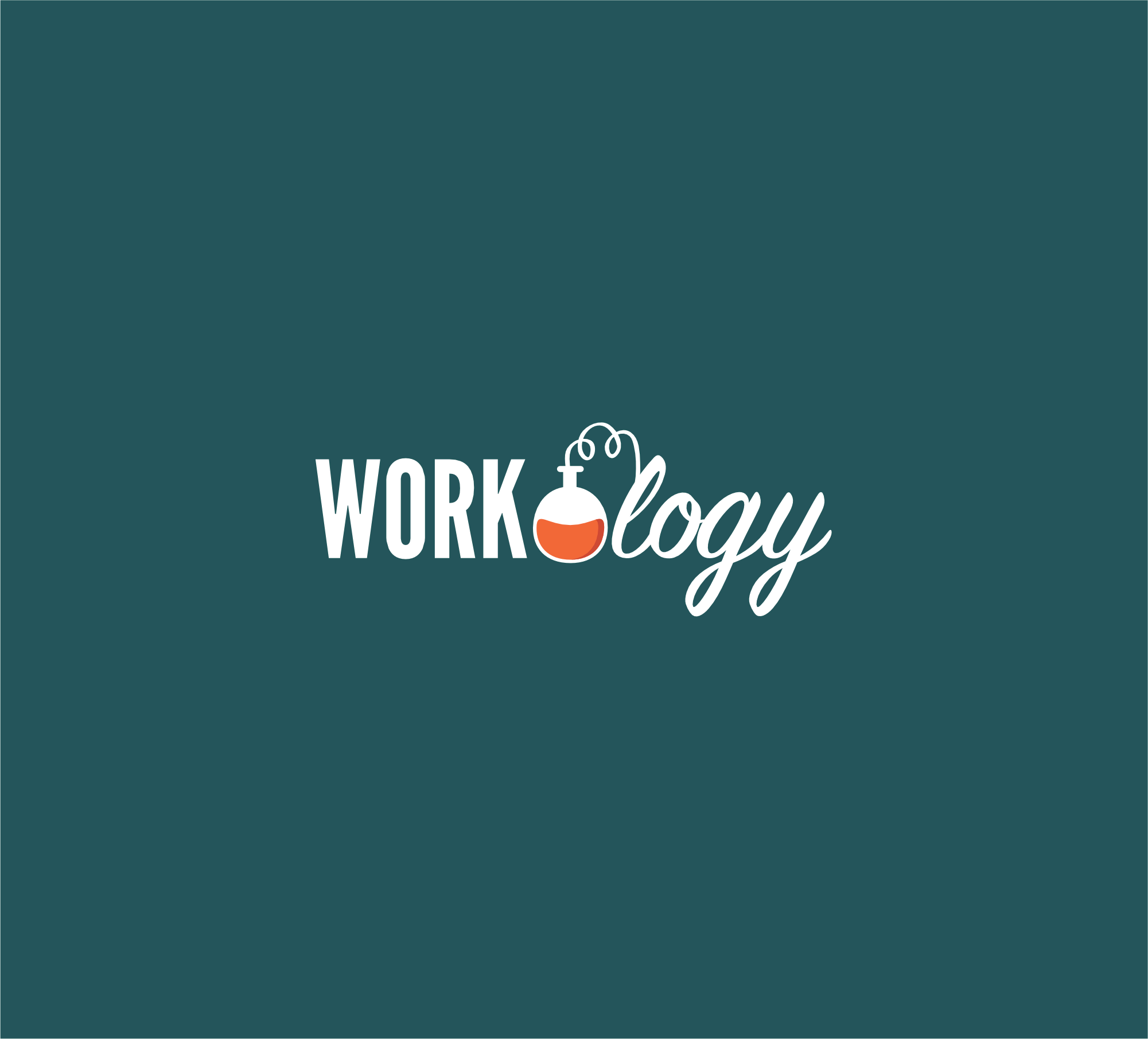At this point, we can all agree that candidate experience is important, right? Good. With that in mind, I want to share a personal story – one that was prompted by a poor candidate experience from an unlikely culprit and one that is extraordinarily unusual because I am, in fact, not actively seeking employment.
These are the confessions of a “passive” job seeker, who is always open to hearing out employers because ultimately, we’re all in pursuit of that perfect job, and you never know when or where you’ll find it (plus, a little undercover research doesn’t hurt, and this particular experience lends itself to an employer-facing post on what not to do).
My Unexpected Stint as an Active, I Mean Passive Job Seeker
Not so long ago, I was contacted on LinkedIn by a senior-level recruiter from a company that specializes in, well, recruitment and recruiting technology. Because I don’t believe in burning bridges, we’ll just call it Company X. Upon reading the initial InMail, I quickly responded with a ‘thanks, but no thanks’ and left it at that because frankly, the job description wasn’t too appealing. Shortly after, I received a second message from said recruiter asking to hop on a call so we could talk in more detail about what the role actually entailed because I still seemed like a good fit to her. Sure.
After messaging back and forth, we settled on a time for a 20-30 minute call. That time came and went with no word, and precisely the moment I decided to give up and get back to work, the phone rang. Okay, okay, we all get busy, so this was forgiven. And after learning more about the role, the company and the real opportunity that existed, I decided to give it a go. I had become the coveted passive job seeker. It’s the Holy Grail of recruiting with an estimated 74% of job seekers being passive candidates and ready to transition to a new role at Company X.
The Rise and Fall of Company X’s Employer Brand in My Eyes
For the sake of space and easy reading, I’ll break down the next month or so timeline-style, beginning with the date of our first phone interaction mentioned above. This will give you a better idea of my impression of not only the candidate experience but the employer brand through my eyes.
Wednesday, May 30: Initial phone conversation, started almost a half an hour late. Spent close to an hour away from work.
Friday, June 1: Second call, this time with the hiring manager. Spent over an hour away from work, but everything goes great. Asked to come in to meet the team and do a 30 minute presentation on social recruiting the following Monday. The senior recruiter will e-mail the details.
Sunday, June 3: Still no word from the recruiter, so I send an e-mail and receive no response.
Monday, June 4: Haven’t heard from the recruiter, instead contact the hiring manager who seems shocked that I haven’t heard anything because she has me scheduled from 1-5 p.m. for interviews and a presentation I received few details about. This is the only time we can do it because both the hiring manager and myself are out of the office for work for the next week, so I put together what I can, finish up my work for the day and head over. After meeting with no less than 10 team members, I’m told I can expect to hear something in 1-2 weeks because I’m the first they’ve brought in.
Thursday, June 14: Decide to follow up with the recruiter, even though it hasn’t quite been two weeks, just to see how the process is going or if any decisions have been made. Receive a response that says additional information will be provided tomorrow, June 15.
Friday, June 15: No information received or contact made.
Monday, June 18: Try to follow up with the hiring manager to see if any decisions have been made, in hopes not to run into anymore last minute meetings. No response.
***Three Weeks Pass***
Monday, July 9: Contact the recruiter again, asking for a simple ‘yes’ or ‘no’ on whether they had moved forward with other candidates. At this point, I would never accept a position with them but want to hear their excuse as to why they can’t respond to an e-mail or provide some sort of indication what’s going on because, let’s face it, it makes for a good blog post.
Tuesday, July 10: Finally receive a response from the recruiter who says they already filled the role but would love to keep in touch (no thanks) because they have additional opportunities opening up.
The Moral of This Candidate Experience Story
- If you’re seeking out talent that did not actually apply to your opening, be respectful of their time when scheduling calls, in-person interviews, etc… There’s a good chance that these individuals currently hold full-time positions, especially if they’re highly skilled and highly sought-after. And also, don’t be late. Candidates are expected to be on time, and you should be too.
- Follow-up, period. When it comes to applicant and candidate experience, job seekers find it highly frustrating when they don’t hear back. But imagine how that would feel if you weren’t initially seeking employment but decided to move forward with a very time-consuming process, just to be left out in the cold for months at a time (and by a company who supposedly improves the recruitment process)! If a candidate is good enough to move through the process, you need to take the time to let them know where they stand.
- Don’t forget the power of technology. Though I’m choosing not to reveal Company X’s identity, many candidates would not do the same. A terrible process often leads to public complaints on social media platforms (or blogs) and can directly impact the applications you receive from that person’s network and even the sales you make because employer brand and consumer brand are closely tied.
**Note: even if candidates actively apply to your position, you should still follow the rules mentioned above.
***Another note: I obviously understand the recruitment process and know that things aren’t always on a smooth timeline, nor do they always happen quickly. I also know, however, that given the technology at our disposal, a simple response or follow-up message is not too much to ask… especially after a huge rush to get in, give a presentation and meet with several people. Am I wrong?








3 Comments
Such incidence is quite common among job seekers. for them the waiting period is very frustrating. But for those who are already in jobs, it is more problematic. So recruiters should know their mental state and act respectfully.
Absolutely. The wait is frustrating for everyone, but the complete lack of respect for candidates’ time is what bothers me the most. Being late to calls, scheduling meetings without notification and then failure to respond in any way for weeks is just bad practice (in recruiting or business in general).
I have recently recieved a job offer from a company (x) out of the blue – When I say out of the blue i shoudl explain that I had an interview with them about 11 months ago, and heard nothing – no follow up, no call, no email, and then 11 months later they assume I still am out there looking for a role – and I get a phoen call saying we are pleased to offer you a role in our company. I just laughed at them. I am in a middle management position in a well sort after industry.
Some recruiters have no idea whatso ever.
Comments are closed.